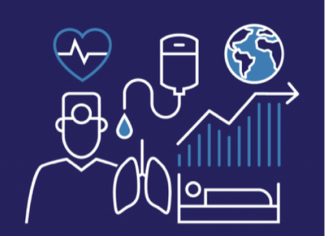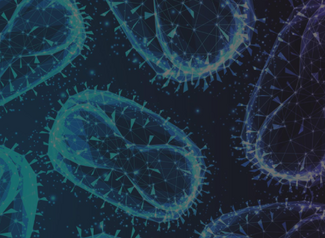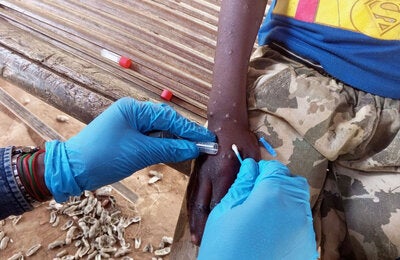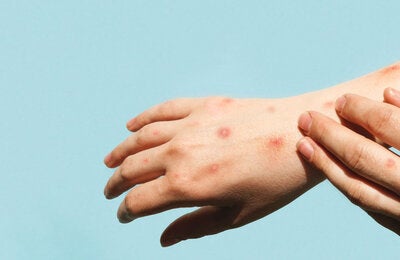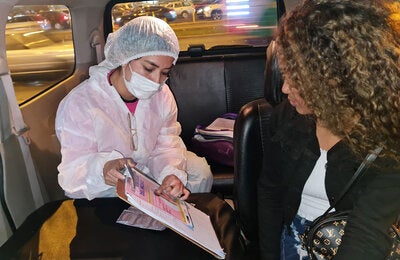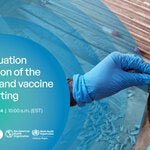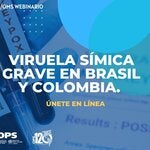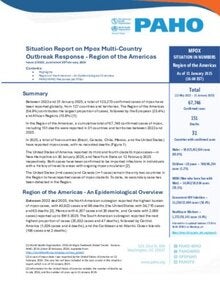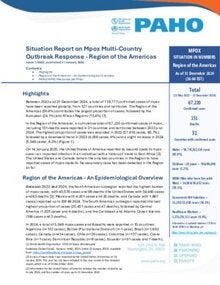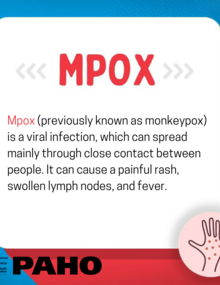Situation in the Region of the Americas
On 14 August 2024, WHO Director-General declared that the upsurge of mpox in the Democratic Republic of the Congo (DRC) and a growing number of countries in Africa, constitutes a public health emergency of international concern (PHEIC) under the International Health Regulations (2005) (IHR). The emergence and rapid spread of the new clade 1b virus strain in the DRC, its detection in neighboring countries, and the potential for further spread within Africa and beyond the continent, were significant factors in the declaration of the PHEIC.
This is the second PHEIC determination related to mpox within the past two years. On July 2022, a multi-country outbreak of mpox was declared a PHEIC due to its rapid global spread across multiple as it spread rapidly across a range of countries where the virus had not been seen before. That PHEIC was declared over in May 2023 after a sustained decline in global cases.


